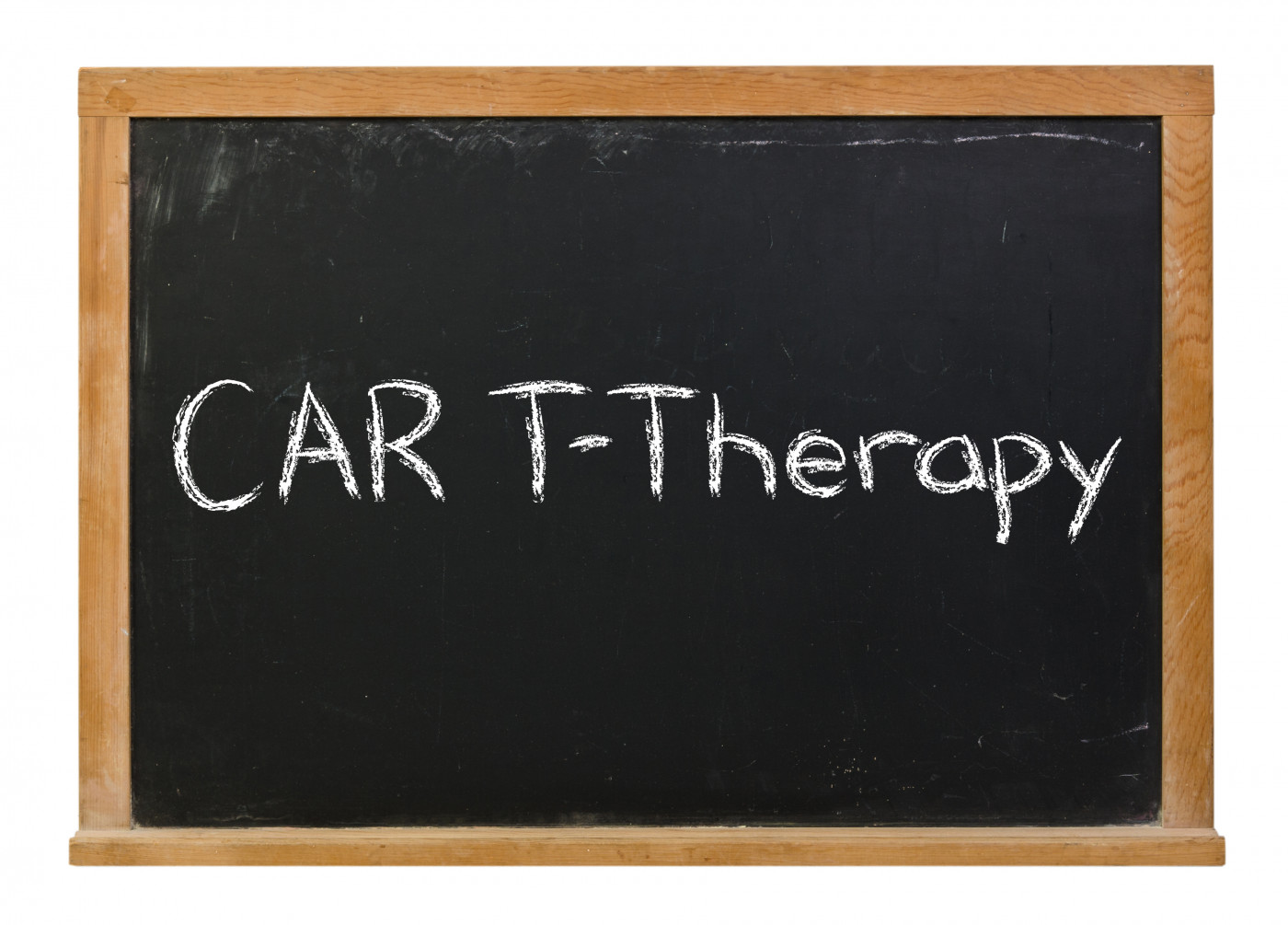Poseida Developing CAR T-cells to Replace Risky Stem Cell Transplant Pre-treatments
Written by |

Poseida Therapeutics is developing CAR T-cell therapies that can get rid of cancer-generating bone marrow cells before a blood cancer patient receives a stem cell transplant.
This approach is less risky than using radiation or chemotherapy to eliminate myeloma and other blood cancer patients’ abnormal bone marrow cells. If cancer-generating cells remain are flushed from blood marrow, the stem cells that are transplanted there will produce healthy marrow cells — and the healthy marrow cells will, in turn, produce healthy blood cells.
CAR T-cells are a hot item in cancer research these days. To create them, scientists extract immune T-cells from a patient, modify them, then inject them back so they can fight the person’s cancer.
Poseida has equipped its new CAR T-cells with a switch that allows scientists to clear them from the body before a patient receives new blood stem cells.
The CAR T-cells also travel to the bone marrow to wipe out any blood stem cells that have failed to migrate to the blood.
Poseida’s Julian D. Down will discuss the company CAR T-cell work, which for the moment is confined to lab-grown cells, at the American Society of Hematology Annual Meeting in Atlanta, Dec 9-12.
Bone marrow stem cell transplants are not only a mainstay of blood cancer treatment but are also used for a number of other blood conditions. The main risk of a transplant is what scientists call conditioning treatments. These are used to wipe out the recipient’s old bone marrow cells before they get new ones.
Radiation and harsh chemotherapies improve the chance that a transplant will be effective against a blood cancer, but bring with them potentially fatal risks.
Poseida’s approach is to create a CAR T-cell that clears old bone marrow cells in a less risky manner. The presentation that Down will make on the subject is titled “The Application of ‘Drug-Reversible’ CAR-T Cells Directed Against Recipient Hematopoietic Cells As a Selective Conditioning Strategy for Stem Cell Transplantation.”
Most gene therapies use harmless viruses to deliver genetic material to a cell. Poseida is using a system it calls piggyBac, which can deliver three new genes, not just one, to modify T-cells’ actions.
One of the genes makes T-cells produce a receptor that targets proteins on the surface of blood stem cells. The second gene makes it easier for scientists to purify modified cells during the manufacturing process. The third allows them to get rid of the cells once they have done their job.
Down will share findings showing that the modified T-cells produce receptors that allow them to travel to bone marrow to eradicate cells that are still there.
While the modified T-cells appear effective in lab cultures, the company plans to continue developing them in animals.



